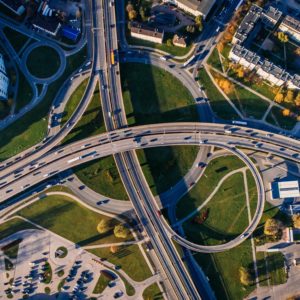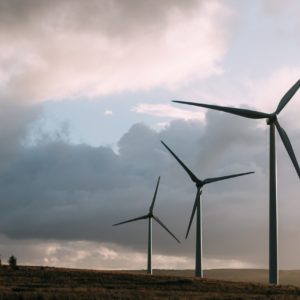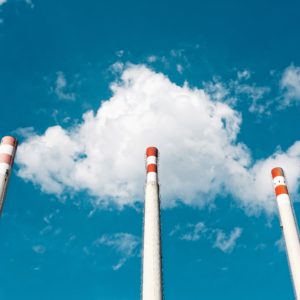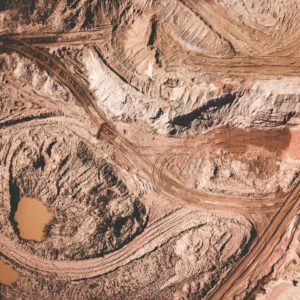"Mr. Biden used the summit to unveil a new target that calls for U.S. emissions to be 50% to 52% lower in 2030 than levels in 2005, a common baseline for such climate targets."
Articles from Around the Web
GOP senators unveil $568 billion infrastructure counteroffer
"The biggest chunk of the proposal targets the country’s roads and bridges with $299 billion in spending and represents more than half of the total framework. It also pitches $65 billion for improving U.S. broadband infrastructure and $61 billion toward public transit systems."
On Earth Day, Let’s Commit to Speeding Up Growth to Clean Up Earth
The question is how to get there. Some point to big government solutions, such as the Green New Deal with its regulations and taxes, or the Paris Agreement, which merely gives China a political and public relations pass to continue saying one thing while doing another.
Economic Freedom Is Great for the Planet
"By becoming champions of climate realism conservatives won’t be ceding ground but will instead seize the high ground. Science, math and history tell us that economic freedom is beneficial for people—and the planet."
John Kerry: Governments, Private Sector Must Work Together on Climate
"In an interview with WSJ’s Timothy Puko, U.S. special climate envoy John Kerry explains the roles he’d like to see the private sector and countries play in fighting climate change."
GM’s Electric Cadillac Lyriq Arrives Spring 2022 With +300-Mile Range, $60,000 Starting Price
"So what exactly do you get for $60,000? In short, a surprisingly sleek looking five-seat crossover with an expected range of more than 300 miles. If that range seems a bit low compared to the 360 miles of a Model X, it should be noted that GM is usually conservative on these estimates and the Bolt can easily outperform its 259-mile rating. Conversely, Tesla’s tend to fall short of their official ratings."
Cisco commits $100 million to fight climate change
"Cisco is the latest tech giant to announce a big environmental push. The networking company said today that its foundation will invest $100 million over the next decade to fund projects that reduce carbon emissions as well as community awareness efforts."
Shell, Exxon Look to Profit From Capturing Customers’ Carbon Emissions
"Energy giants such as Exxon Mobil Corp. and Royal Dutch Shell are pushing carbon capture and storage—where carbon is gathered and buried underground—as part of a drive to reduce both their own and their customers’ emissions. Executives say the service could become a new source of income when the industry is grappling with how to adapt to a lower-carbon economy."
The New and Improved Green New Deal Is Still Insane
"Now, we’re on the third iteration, which seems to be piecemeal version of the old plan. What is the Green New Deal now? Everything, still. Infrastructure. Transit. Food."
Republican and Democrat join forces to break US reliance on China for critical materials
"The bill would also create a grant program at the Interior Department to fund pilot projects to produce critical minerals, offering $50 million each year for three years starting in fiscal year 2022, according to the bill text."
Copyright © 2020 Conservative Coalition for Climate Solutions










